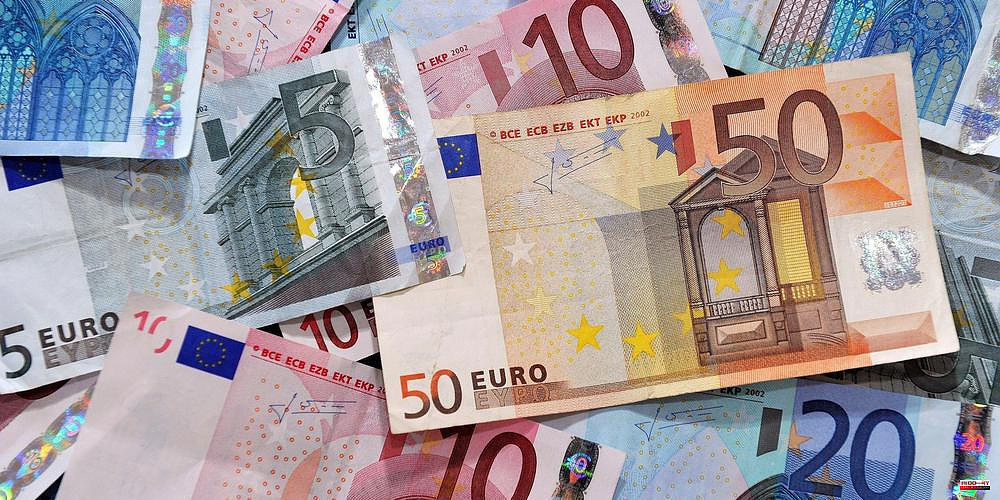According to provisional figures, the German inflation reached 7.9% in May. This was a record for the country.
This indicator rose 0.5 points in April compared with April and reached its highest point since 1990, when it was reunified. You need to go back to January 1952 to see such high inflation figures, in the West German era.
The harmonized index of price, which is used as a benchmark at European levels, rose 8.7% in one year. This increase in pressure on euro-guardians is a result of Monday's announcement of an inflation rate of 8.7% in Spain in May, just a week before a meeting to determine the calendar for monetary tightening.
Christine Lagarde, President of the ECB, recently stated that she plans to increase rates as soon as July and to end negative rates "by quarter's end". Carsten Brzeski (an analyst at ING) says that German inflation is "fueling discussion [...] around a possible 50-basis point rate increase" simultaneously. Destatis says that the spike in prices is mainly due to an increase in energy tariffs resulting from the war in Ukraine. This "strongly influenced high inflation rates".
Energy prices have skyrocketed in recent months because Russia is the largest supplier of hydrocarbons to Europe. They rose 38.3% in May after rising 35.3% in April, and 39.5% March.
The war increased food costs and caused shortages of raw materials and components. This slowed down the economy and led to sanctions against Russia and production stops in Ukraine. Ukraine supplied parts and services to the German automotive industry. These, along with the sanctions against Russia and production stoppages in Ukraine, are also seriously disrupting international market.












